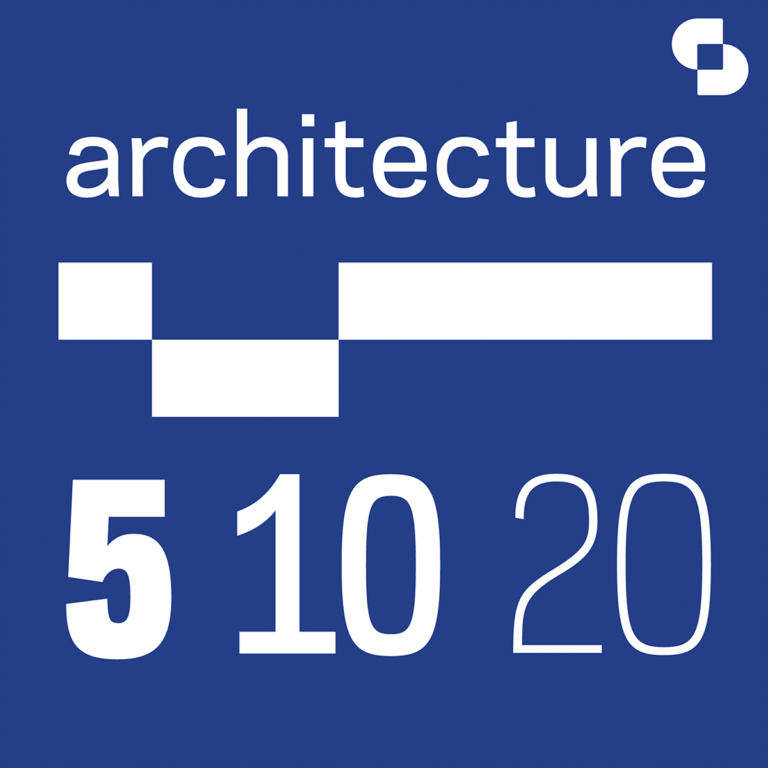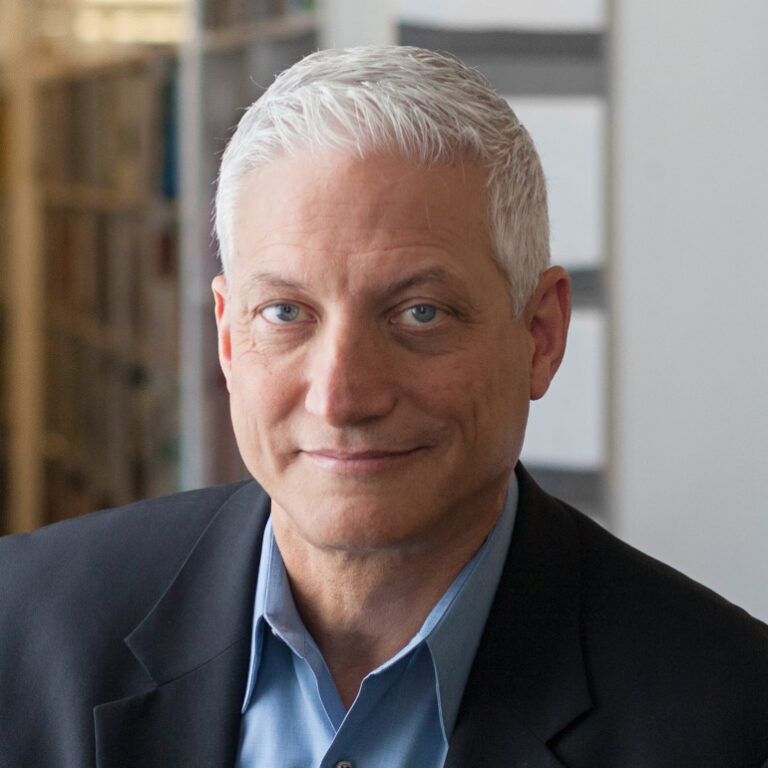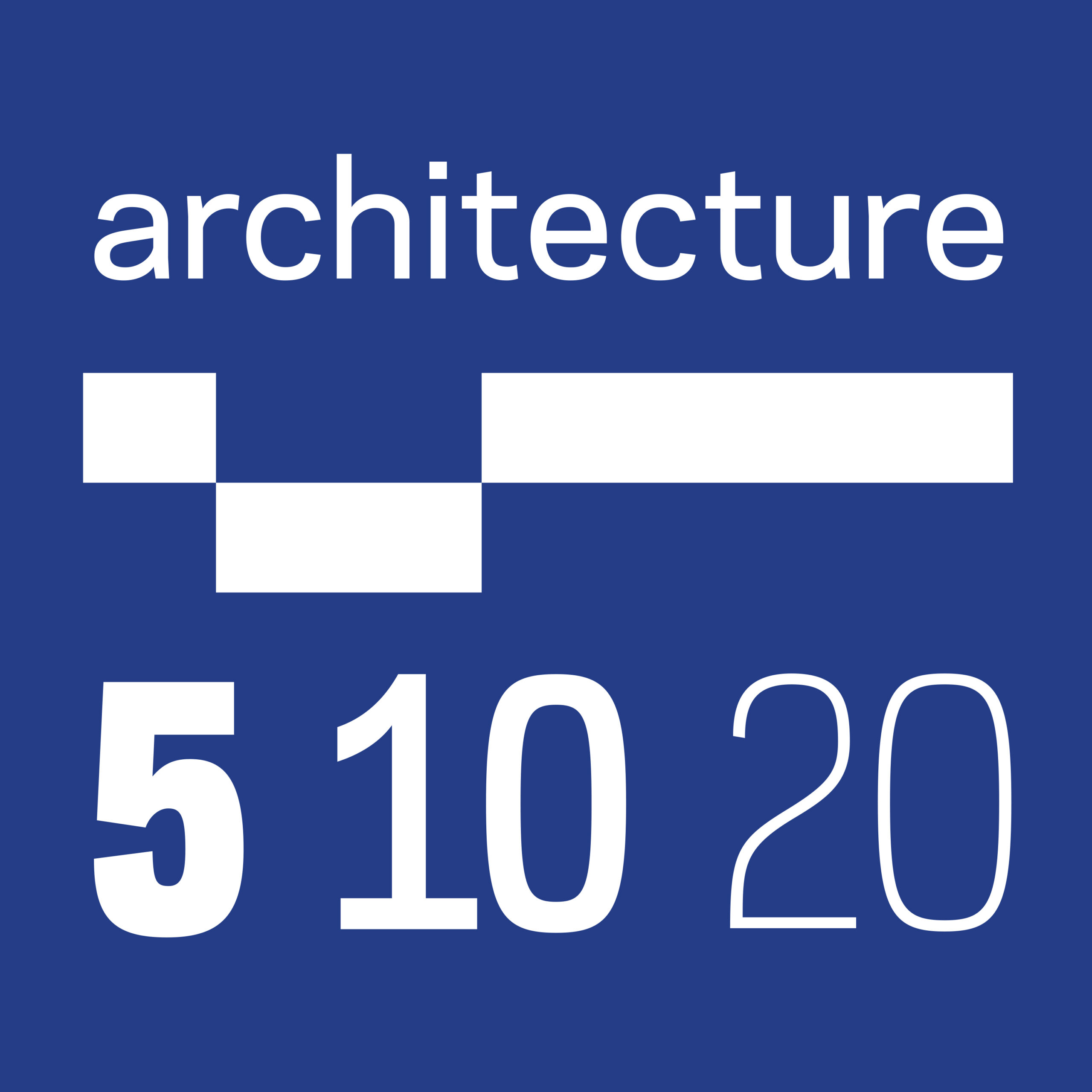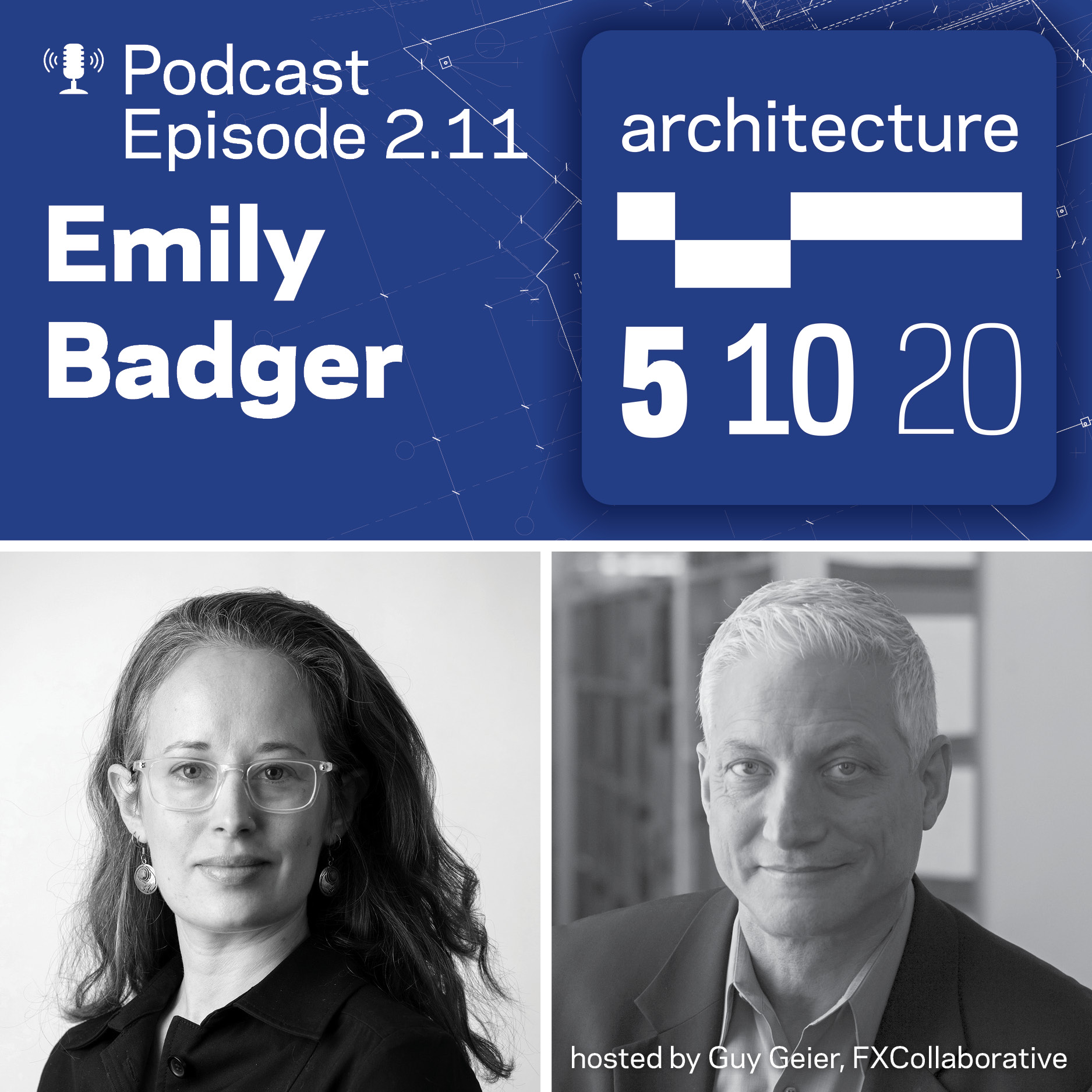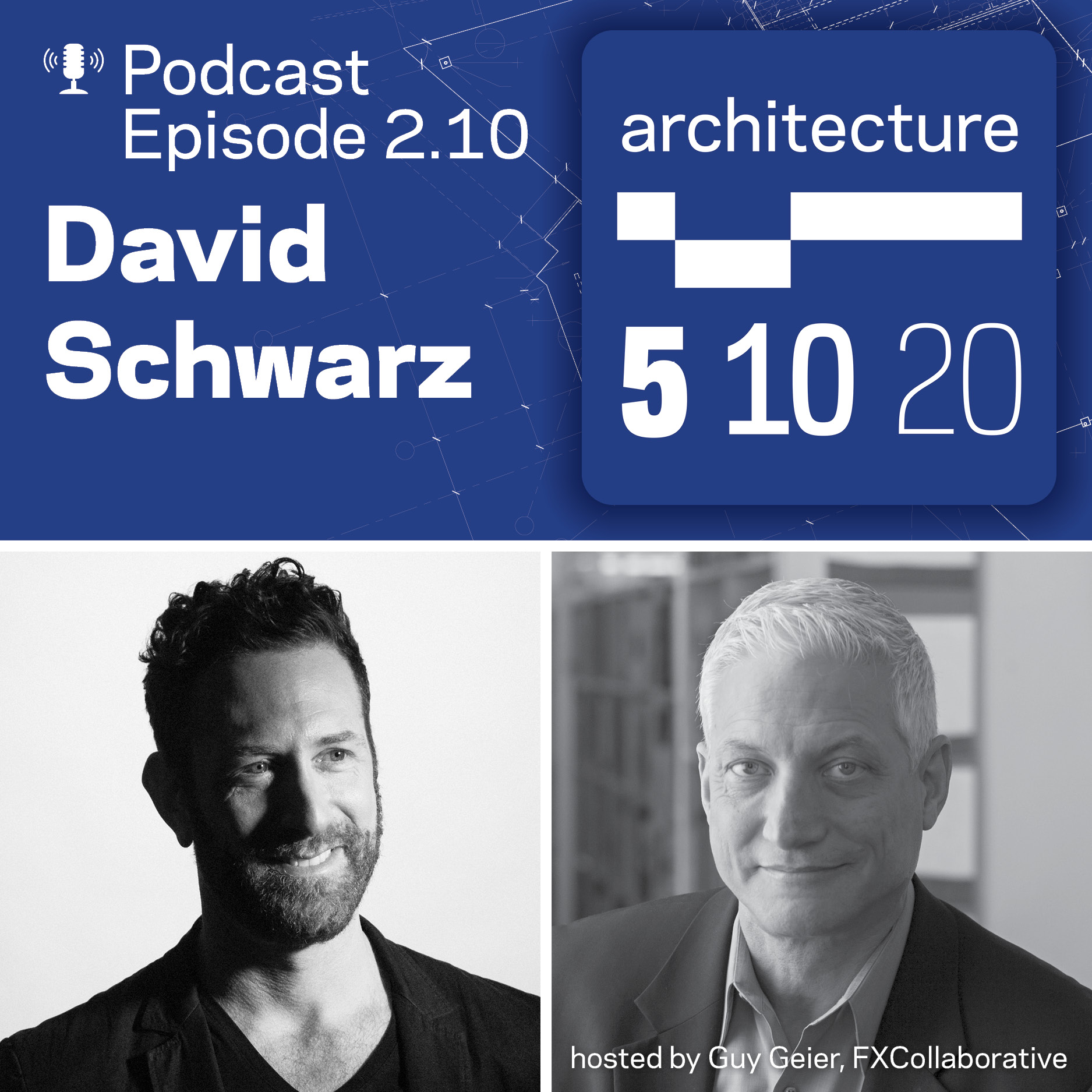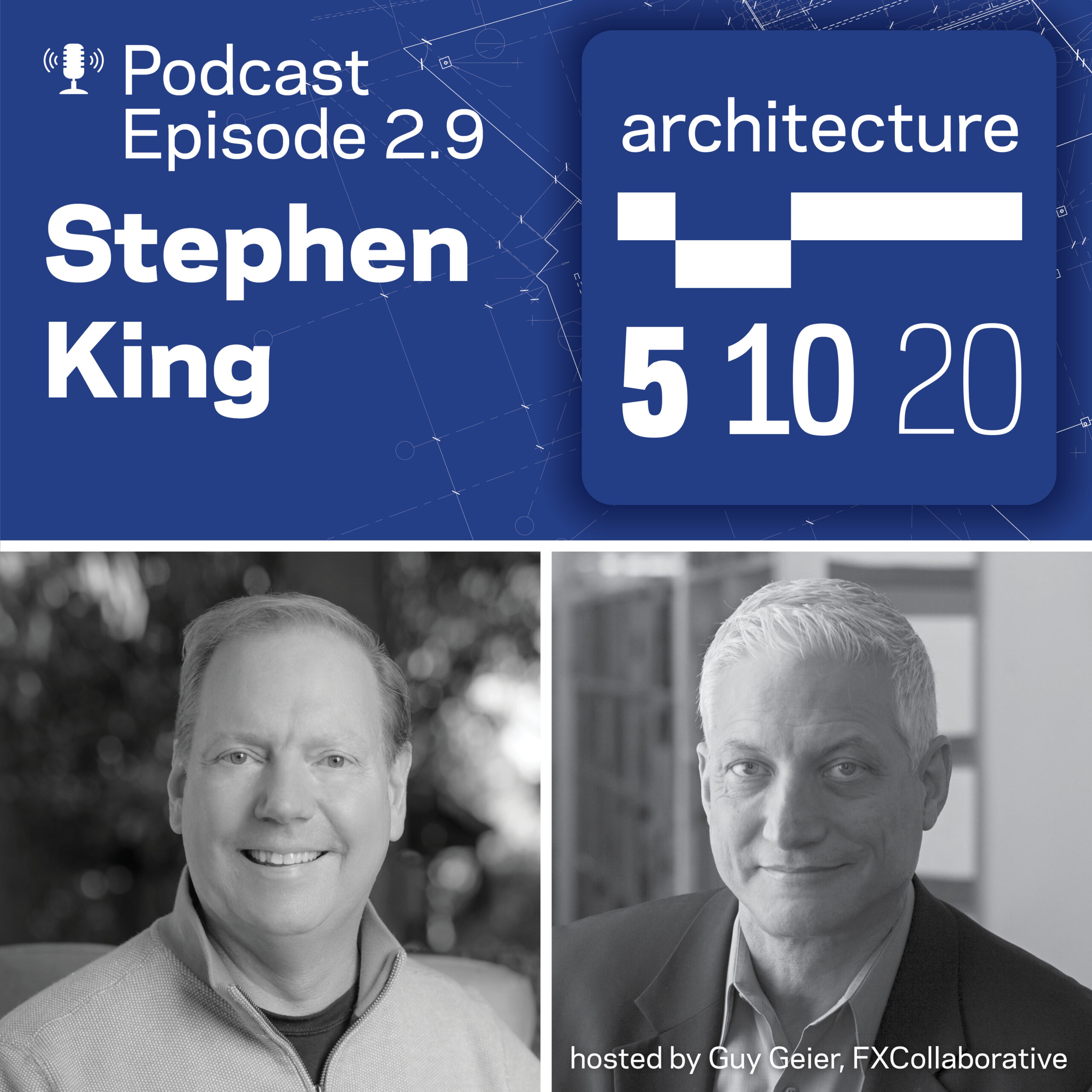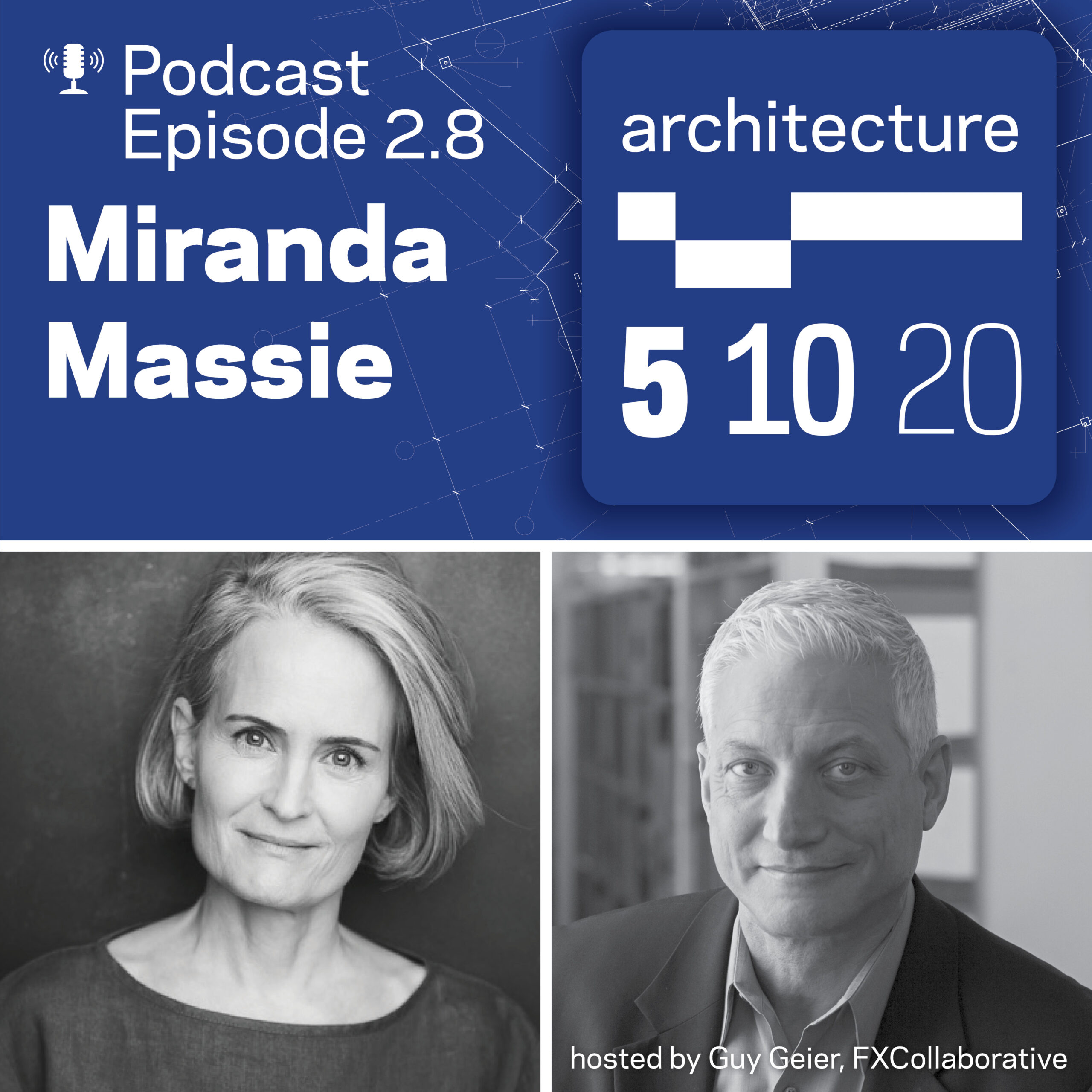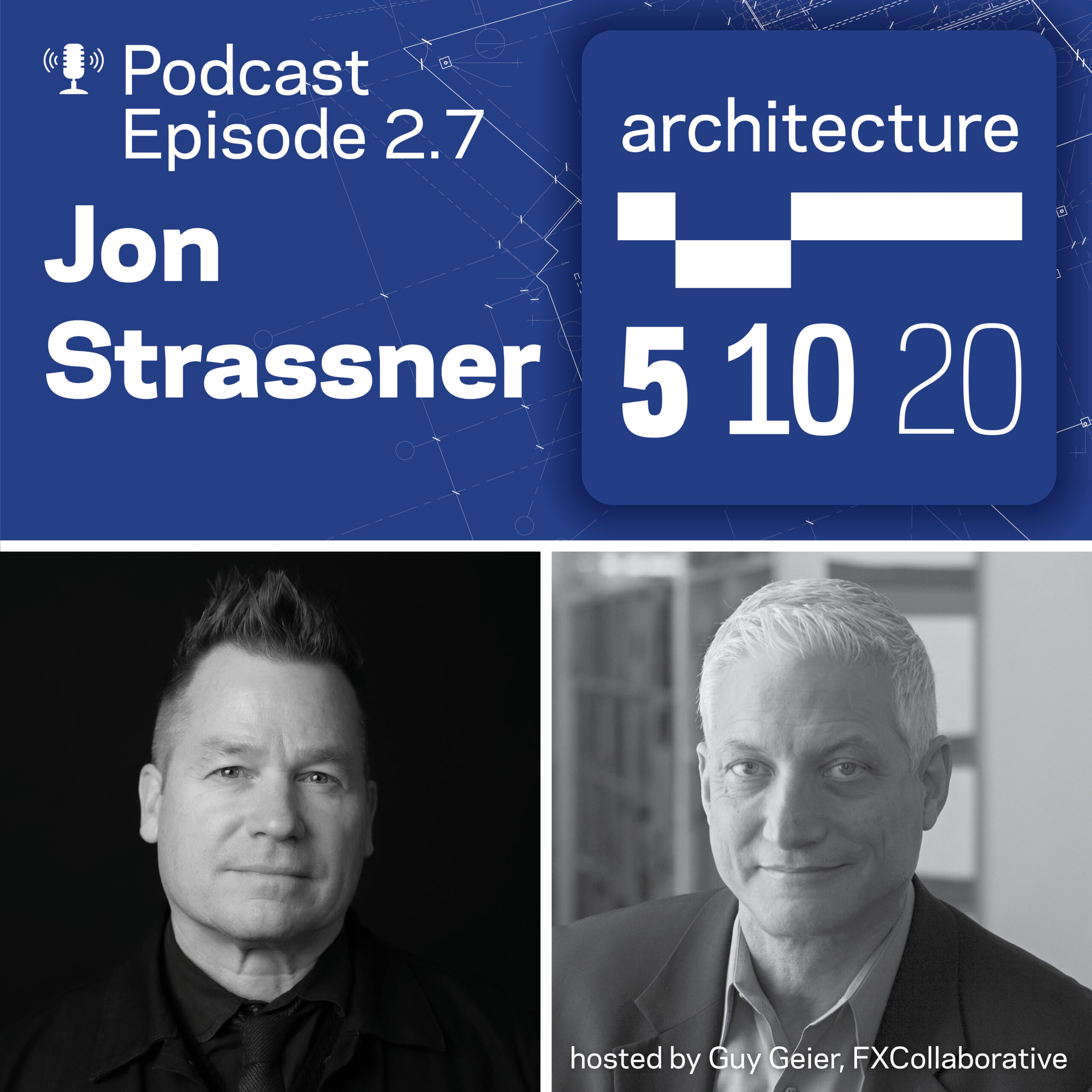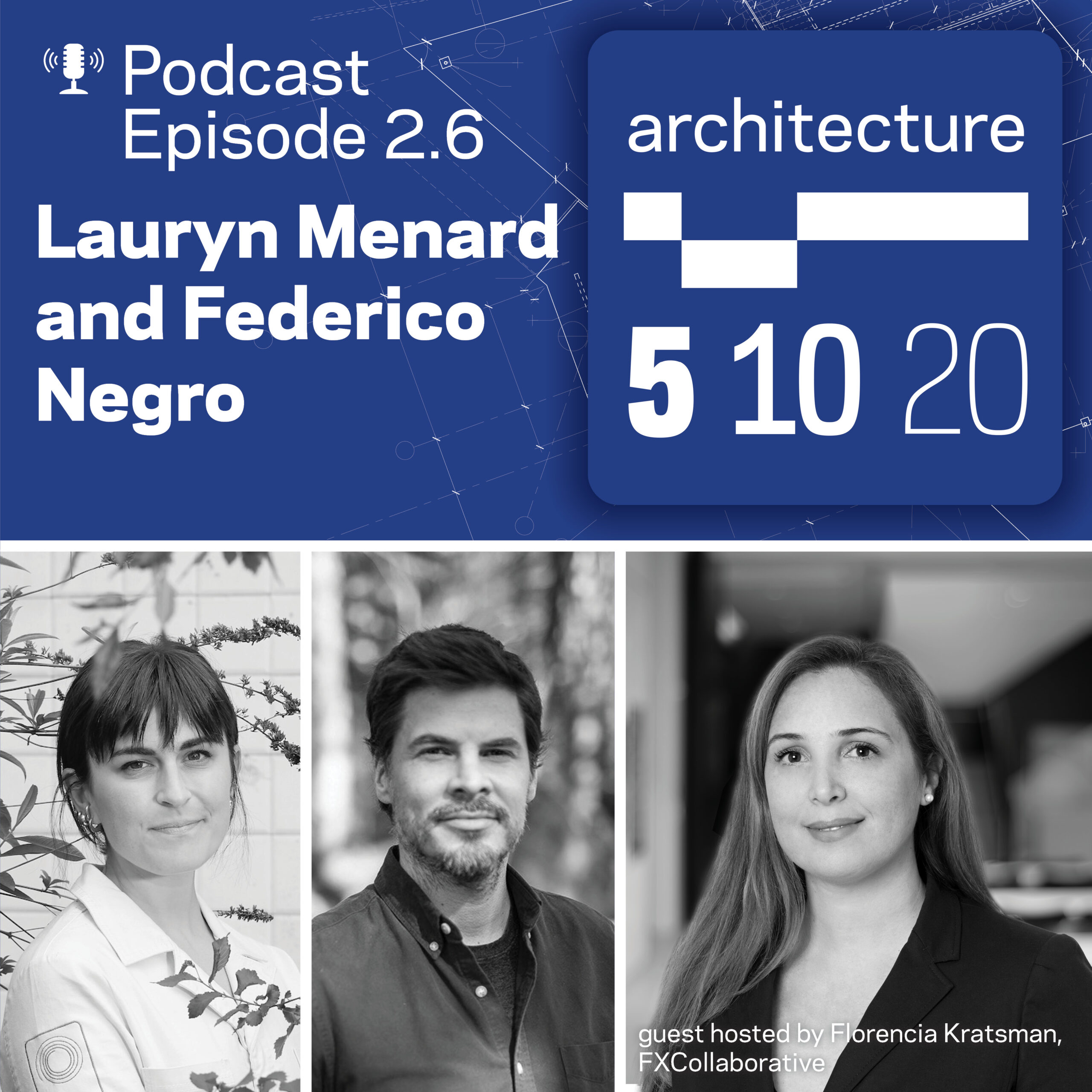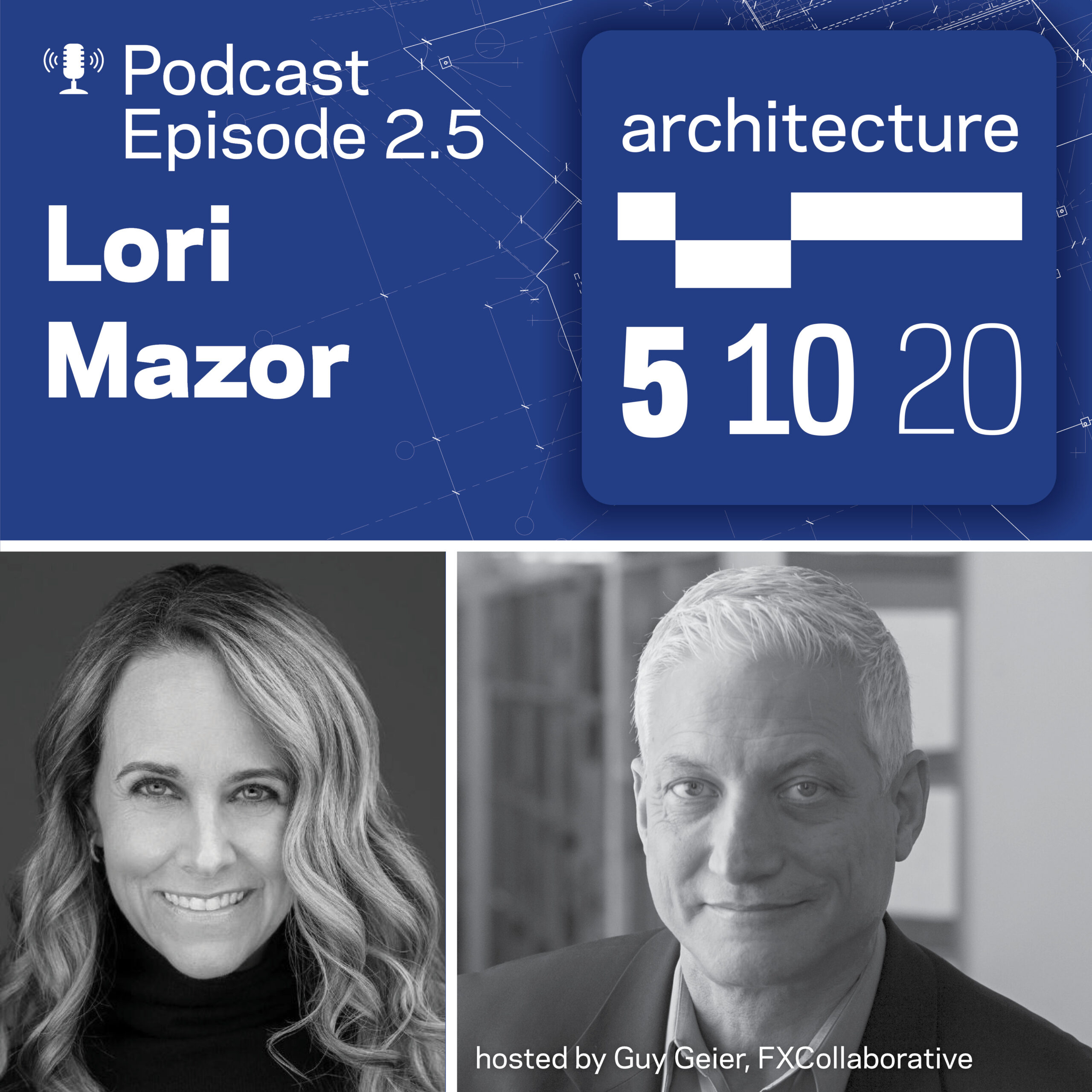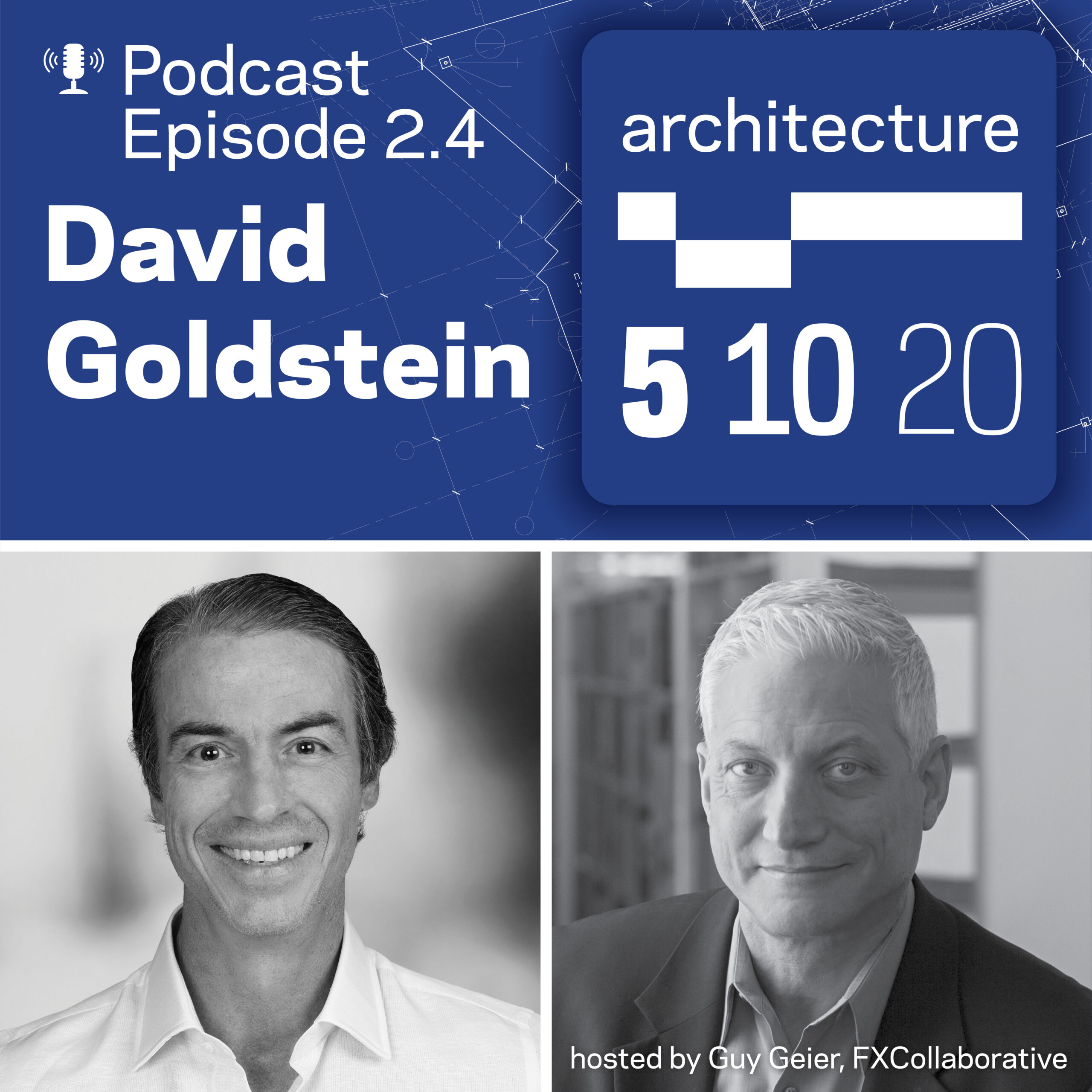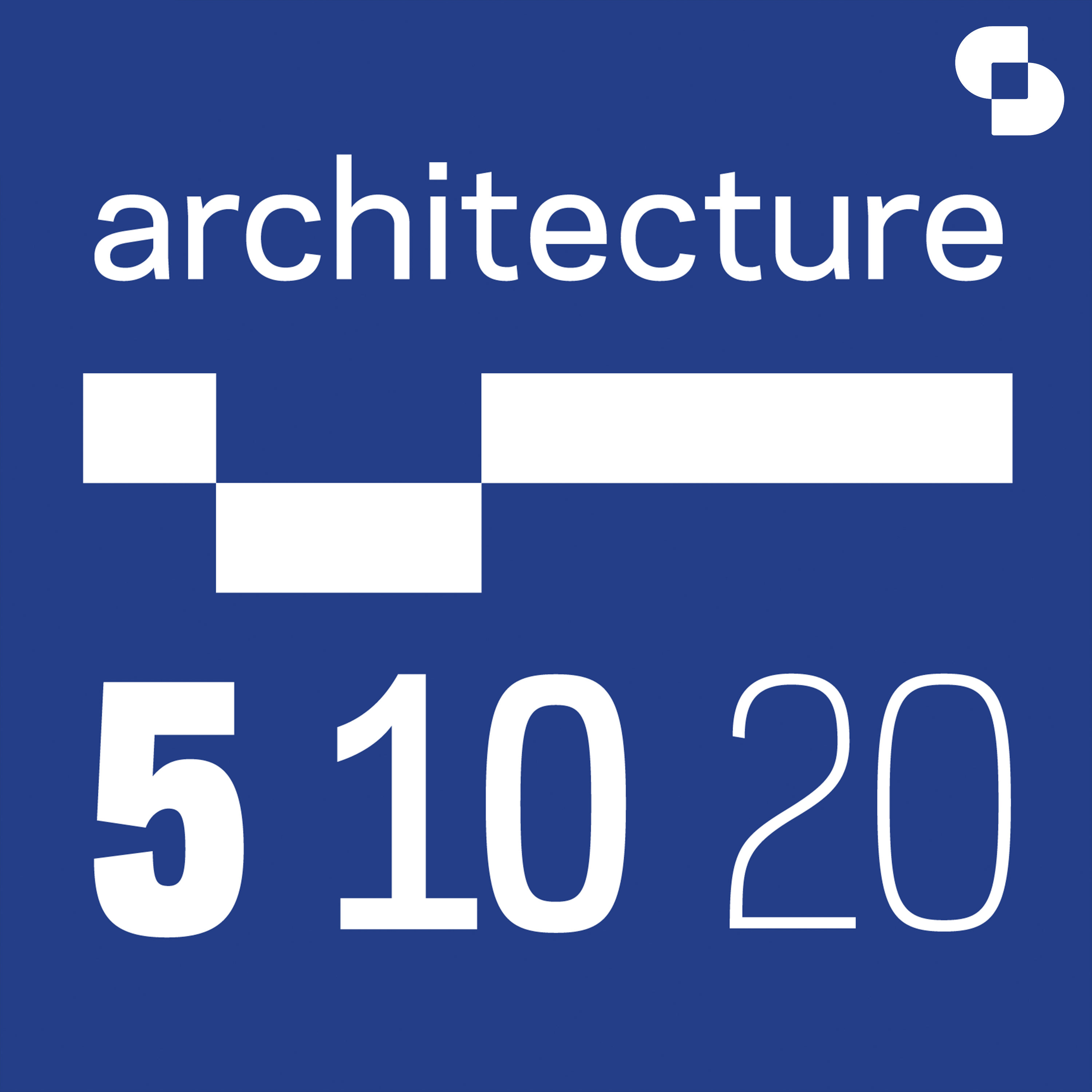The concept of “one size fits all” is a fading thought of the 20th century. In modern society, personalized solutions address the needs of the people who are most impacted. This is especially true in education as the architecture profession adapts learning environments and work culture for the upcoming generations.
Welcome to the inaugural season of Architecture 5 10 20! I’m your host, Guy Geier, Managing Partner of FXCollaborative Architects in New York. Guests from a wide range of backgrounds and experiences related to the built environment will come to share their thought leadership. Our conversations will start with understanding how they arrived at what they’re doing now. More importantly, we will focus on discussing their vision for the future, looking out 5, 10, and 20 years.
Today, we’re joined by Darius Sollohub, a leading urbanist and educator whose prowess and infrastructure has helped him create timeless pedagogy that resonates with the incoming digital workforce. Through integrating public and private practice into his teaching, Darius has given his students a deeper understanding of the vastness of architecture, and received a greater understanding of the role the next generation plays in the profession.
Listen to Darius speak about the future of infrastructure and pedagogy. As a trained visual thinker of 3D and 2D, Darius believes the urban environment is where everything comes together. He explains his approach to interactive, digitally-transformed education for students. Playing a role in their education allows him to hear what the next generation is thinking about infrastructure, planning, coalition building, and desired work culture. In a way, Darius is observing the legacy of the architecture profession in real time.
As incoming professionals lead practice into the digital realm, what principles and spaces will become obsolete? How can the new and traditional workforce create in unison? Darius’ understanding of the disruption of the Millennial nomadicity positions him as a leader in the restructuring of academia, the workplace, and eventually the urban environment. His book, Millennials in Architecture: Generations, Disruption, and the Legacy of a Profession, is an essential precedent for future academic models.
Time stamps:
[01:32] – Darius Sollohub explains what fueled his love for urbanism.
[03:29] – What did Darius originally study?
[05:54] – Darius discusses the student trends he observed between public versus private career paths.
[07:59] – Darius talks about the community-focus of the Newark Design Collaborative.
[10:18] – The greatest educational impact comes from treating each student as an individual.
[12:36] – Darius explores the positive impacts of the pandemic on education and students as related to digital flexibility.
[14:59] – Is there a specific balance between digital and in-person education for student architects?
[17:41] – Darius shares his thoughts on asynchronous and location-independent work culture.
[19:25] – How will the digital world impact the urban environment?
[21:08] – Are architects ready to explore future transportation management?
[23:43] – Darius gives his take on the difference between Baby Boomers, Millennials, and Gen Z.
[26:28] – It’s time to make active changes.
[28:18] – Thank you Darius for reminding us to explore the restructuring of academia, the workplace, and eventually the urban environment.

